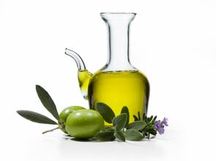
I ran across some interesting Olive Oil articles that I thought would be worth sharing here. I know that we use ALOT of olive oil in this kitchen. It is my preferred oil to use. When olive oil will not do, I will opt for organic canola oil. Of course butter and coconut oil are also in my pantry and I often use those for my baking endeavors.
I ran across an article recently, which evaluated different olive oils available on the market. I found it very interesting and thought it would be helpful for making decisions on which olive oil to buy.
To my surprise, olive oils from Costco and Trader Joe's were near the top of the recommended list! (Not all oils they carry were recommended, only certain labels).
I've included the link to the most recent article as well as some other recent articles. I think they will help you with deciding which bottle to select from the many you see on the self.
http://eatlocalgrown.com/article/12300-is-your-olive-oil-lying-about-its-virginity.html
http://www.truthinoliveoil.com/2012/09/toms-supermarket-picks-quality-oils-good-prices
http://www.truthinoliveoil.com/2013/08/trader-joes-extravirgins-and-floozies
http://www.truthinoliveoil.com/great-oil/how-to-buy-great-olive-oil
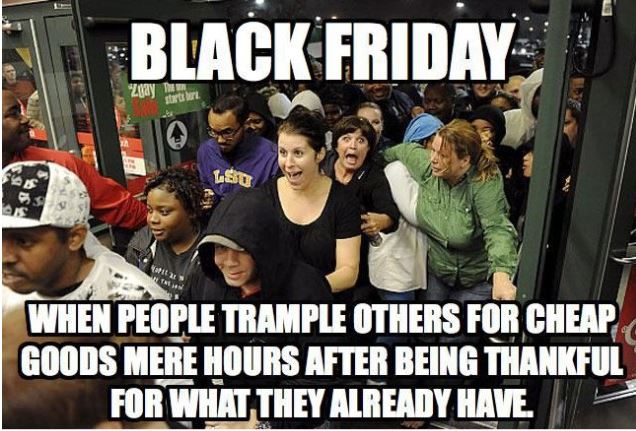
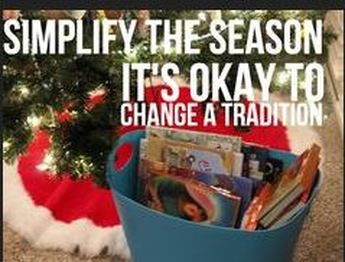
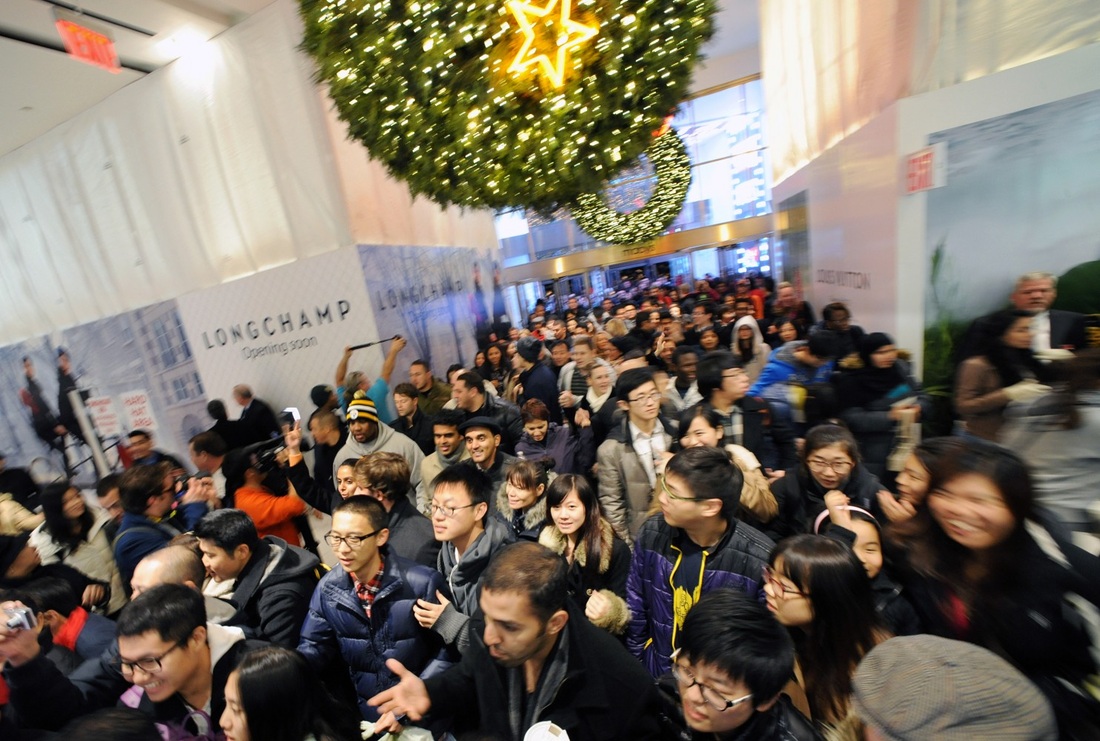
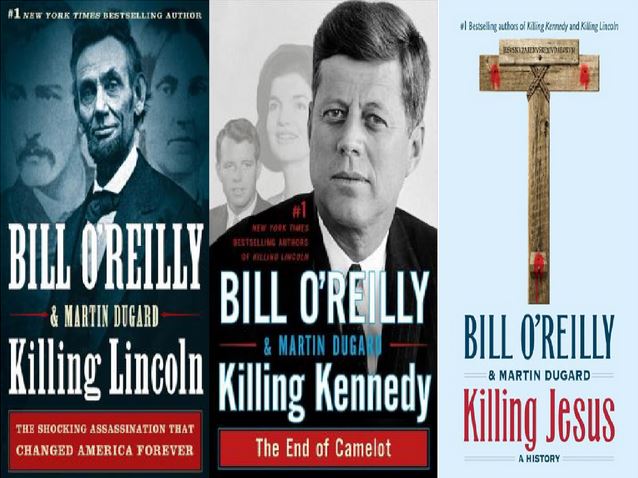
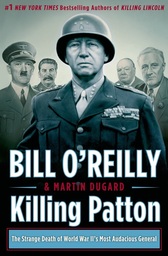
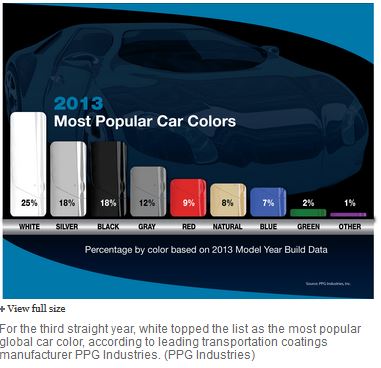
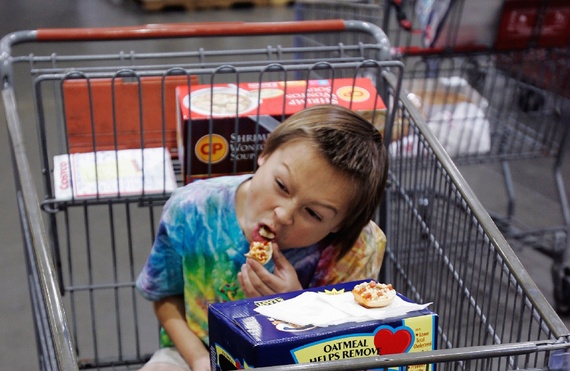
 RSS Feed
RSS Feed
